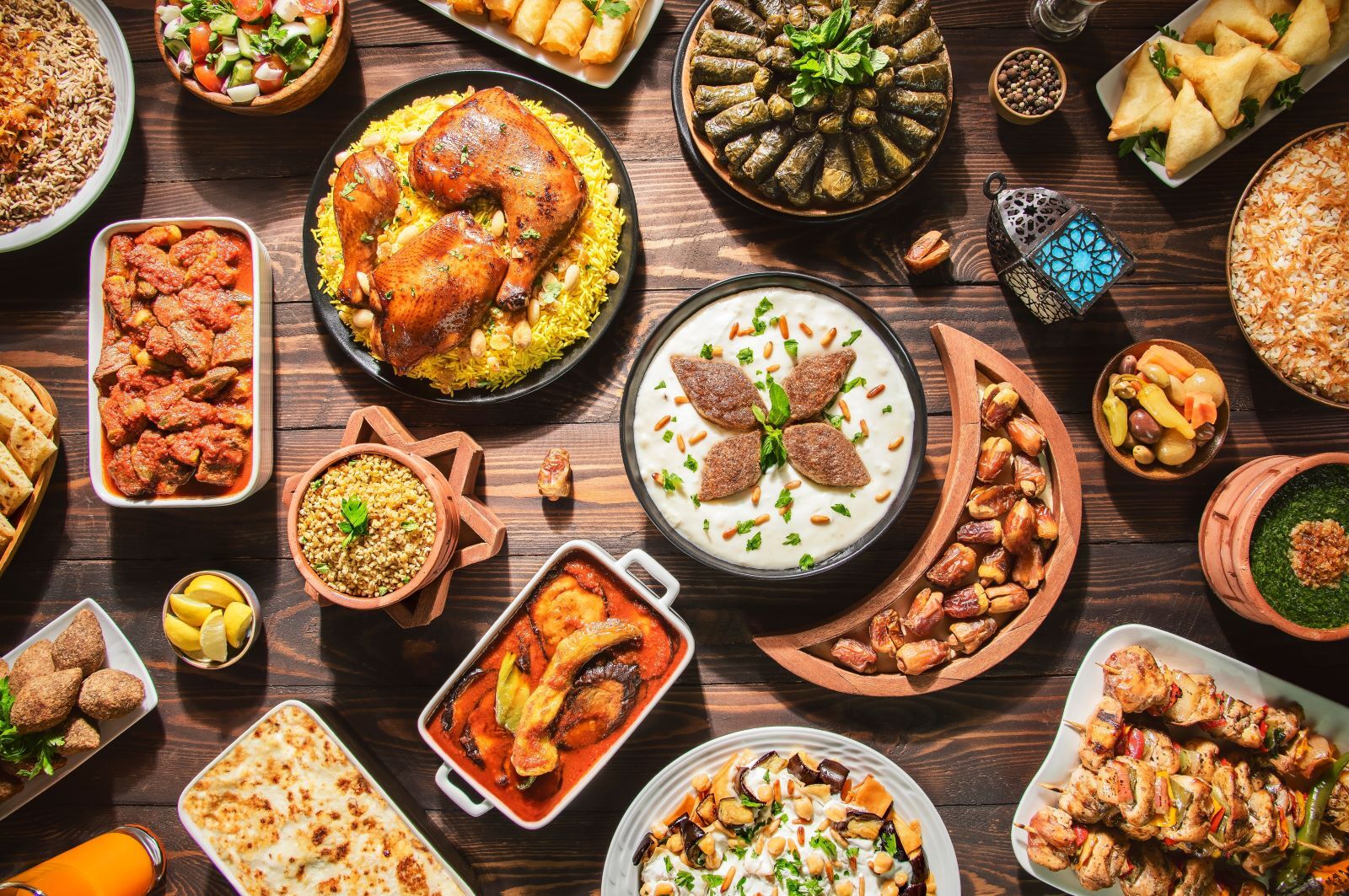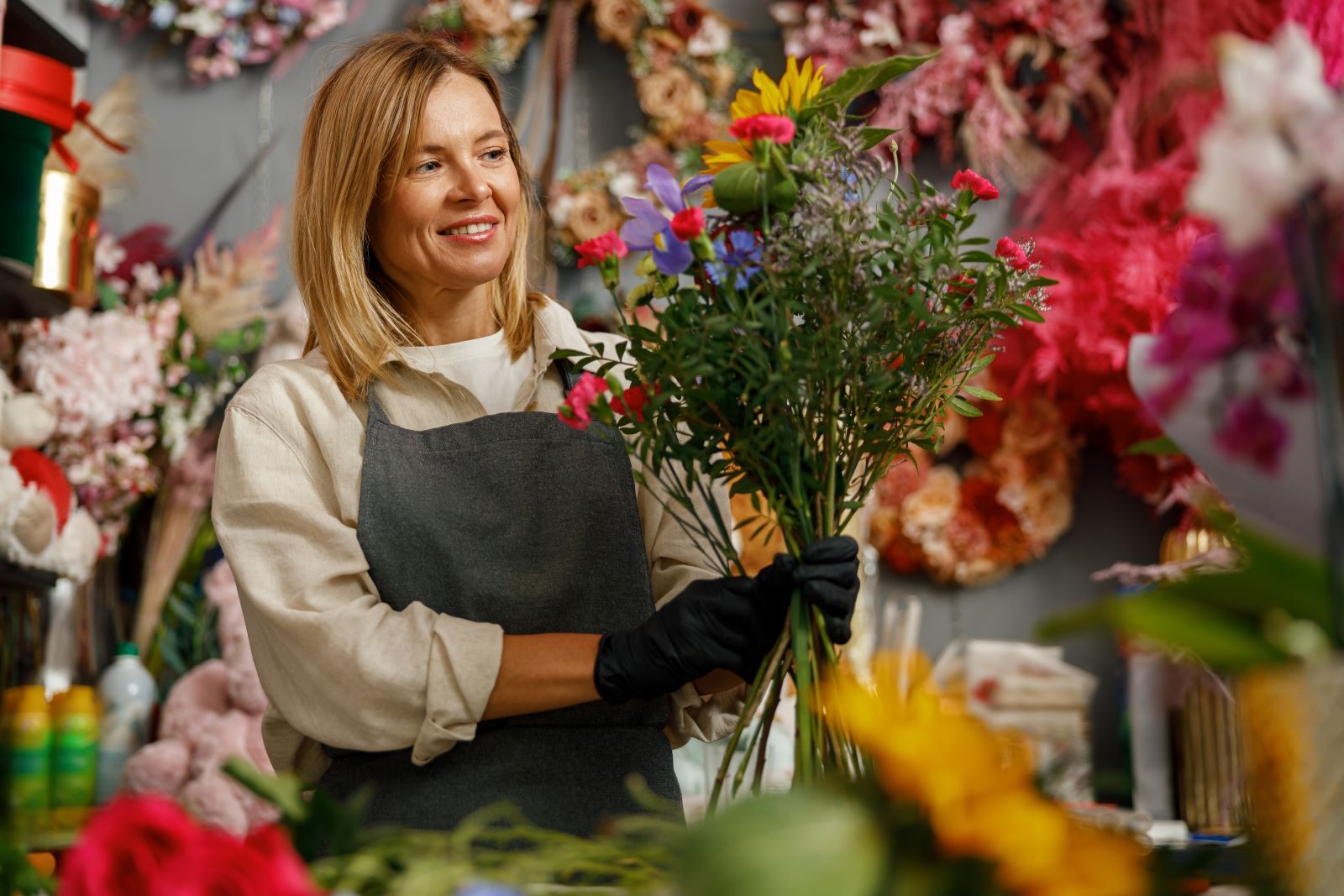Fine Dining in Abu Dhabi: Six Restaurants That Raise the Bar
Discover six standout restaurants in Abu Dhabi where the details make all the difference.
Fine dining often follows a familiar script: white tablecloths, a chef’s name in italics, dishes plated with surgical precision. In Abu Dhabi however, the formula is more flexible. Some of the city’s most celebrated restaurants boast Michelin stars and sea views, while others are tucked into quiet neighbourhoods, built on heart and heritage. From inventive Emirati kitchens to global menus shaped by imagination, these six destinations show just how diverse and expressive fine dining in Abu Dhabi can be.

Erth
Tucked away in the historic site of Qasr Al Hosn, Erth honours its setting with a forward-thinking Emirati menu. Drawing on centuries-old local recipes, this Michelin-starred kitchen pays tribute to the culinary heritage of Abu Dhabi with exceptional ingredients sourced from boutique local farms. Though rooted in tradition, the menu is often unexpected: teriyaki-infused lamb machboos, Emirati shrimps with black garlic and lime, margooga ravioli with parmesan emulsion. Familiar staples like khameer bread and fragrant rice are served with a level of finesse worthy of its Michelin rating.
The interiors, designed by BONE Studios, exude a calm Arabic minimalism – all stone textures, soft light and handwoven textiles. In line with tradition, Erth does not serve alcohol, but its Arabic gahwa and freshly pressed juices more than hold their own. For dessert, the Liwa dates batheetha and luqaimat are absolutely worth saving space for.
Also Read: Michelin Star Restaurants Abu Dhabi
Hakkasan
When it comes to Cantonese fine dining, there is only one name: Hakkasan. Set within the gilded arches of Emirates Palace, this Michelin-starred Abu Dhabi restaurant is moody and low-lit, a quiet contrast to its palatial surroundings. On the menu, you’ll find the signature dishes that propelled this global brand to international acclaim, such as Peking duck with caviar and Chilean sea bass glazed in honey and Champagne. What truly stands out here is the dim sum. Meaning ‘to touch the heart’ in Cantonese, these small, umami dumplings arrive in steam-wreathed baskets, filled with gold leaf har gow, Alaskan king crab, and scallop-chicken shumai.
Drinks span from authentic Chinese teas to botanical cocktails, and the wine and sake lists are suitably global. In the cooler months, the terrace is particularly enchanting, bathed in the glow of lanterns with views over the palace.
Also Read: Family Dinner Buffet in Abu Dhabi
Le Petite Maison (LPM) Restaurant & Café, The Galleria
Light and fresh with a European design sensibility, LPM Abu Dhabi captures the ease of a slow afternoon on the French Riviera. Located in The Galleria, this breezy restaurant celebrates the Mediterranean tradition of simplicity done exceptionally well. Menu highlights include Burgundy snails bathed in garlic butter, a crisp Niçoise salad, and citrus-laced yellowtail carpaccio with a delicate Japanese twist. Cocktails go far beyond the classics, with signatures like the Rémy VSOP and Champagne Douliou Douliou, and the refreshing Mr. Monaco, infused with pear and St. Germain.
Within, the space is sun-dappled and luminous, dressed in white with nods to Provence in every detail. Whether for a refined business lunch or a languid dinner with glasses raised, LPM stays true to the art of la belle vie. On Sundays, its ‘Life in Pink’ brunch is among Abu Dhabi’s most elegant, offering a generous tasting menu with free-flowing rosé.
Also Read: Best Steakhouse in Abu Dhabi
99 Sushi Bar & Restaurant
With its dim interiors and waterfront views, 99 Sushi Bar & Restaurant on Al Maryah Island is made for intimate dinners that unfold one small plate at a time. It’s one of Abu Dhabi’s most accomplished destinations for haute Japanese cuisine, with one Michelin star and 1 Toque in the Gault&Millau guide. Originally from Madrid, the restaurant’s Spanish owners import much of the seafood from their native country.
The toro and foie gras nigiri is rich and unshakably indulgent, and the lobster maki with coral emulsion is a house signature for good reason. Even simple dishes like edamame arrive elevated, dressed in truffle butter and steamed just right. The service is seamless, the sake list is serious, and the room feels designed for discretion. Be sure to ask for a window seat: at sunset, the amber light glints beautifully on the water.
Also Read: Best Chinese in Abu Dhabi
Coya Abu Dhabi
Also on Al Maryah Island, Coya doesn’t play by the usual fine dining rules. While most high-end restaurants in Abu Dhabi lean quiet and refined, Coya embraces the rhythm and flavours of Peru. The menu is soulful and seafood-focused, spanning ceviches, tiraditos, anticuchos, and plates from the robata grill. Standouts include the Chilean sea bass in spicy miso, and the beef rib with aji limo, served alongside guacamole prepared at the tableside. The cocktail bar is as considered as the kitchen, paying homage to the Peruvian capital with an expansive, authentic pisco library.
What sets Coya apart is its cultural reach. The restaurant doubles as an informal gallery, curating rotating exhibitions that spotlight regional and international artists. Parties are often hosted to mark solstices and equinoxes, as well as Peruvian national holidays and festivals – including the much-anticipated Sun Salutations, inspired by the ancient Incan Festival of the Sun, Inti Raymi.
Also Read: Best Restaurants in Galleria Mall
Al Mrzab
Al Mrzab may not come with white tablecloths or a sea view, but it remains one of Abu Dhabi’s most essential restaurants for exceptional Emirati cooking. Located in Al Khalidiya and recognised with a Bib Gourmand in the Michelin Guide, this unassuming spot is where to go for Gulf food at its most authentic. The menu is a love letter to home cooking, with lamb harees slow-cooked to velvet, richly spiced margooga, and hearty local shrimp machboos. Golden khanfaroosh (fried saffron cakes) drizzled with local honey, complete the meal, best enjoyed with a steaming cup of cardamom-infused gahwa. Dishes are generous and made for sharing, so come hungry and bring company.
Inside, the setting is rustic and food-forward, split between majlis and conventional tables. What makes Al Mrzab special is that it isn’t trying to modernise tradition – it’s preserving it, plate by plate.



